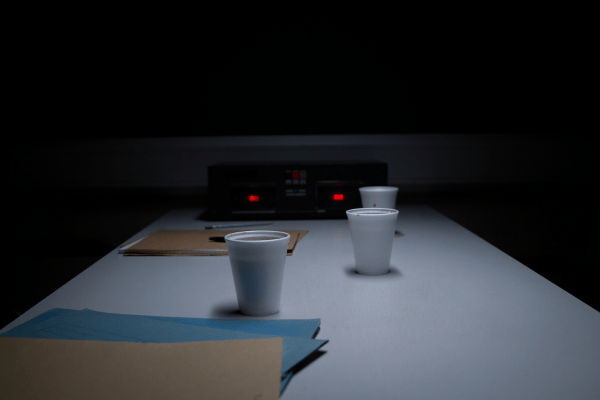Interviews
Potential Witness
Lawyers hire private investigators to Find potential witnesses and interview them because it is cheaper for the client to pay the investigator than it is to pay the lawyer.
Once the private investigator finds a witness with information valuable to an investigation, then the lawyer may schedule what is known as a deposition for the witness. A deposition is a statement made by a witness under oath. His statement is either written or documented via a tape or video recorder. These recordings can then be used in court at a future time. It is common to record a deposition in case the witness is not available due to an illness.
Depositions are costly and time-consuming and require that the court reporter be available to document questions and answers. The opposing counsel can also be present. A lawyer does not want to depose everybody in the neighborhood where a car accident occurred. He only wants to depose the persons who actually witnessed the accident and who will help his case.

DON’T try to go through it alone. Get the toughest representation and guidance. Contact Peterson Investigations to have a professional get you the results you need.
For example, you, the private investigator, might find a woman who can testify that the driver of one of the cars involved in a multi-vehicle collision that you are investigating was inebriated when he left a party. Later, that driver caused the accident. The witness, even though she did not see the accident, could attest to the driver’s condition prior to the accident when he left the party.
You, the private investigator, need to obtain all the pertinent information, however good or bad, for your client. But your client, the lawyer in this case, does not want the opposing side to know there is a witness out there that will damage his case. If the lawyer obtains from the witness information harmful to his case, the opposing side will be at the deposition and know about it.
In order to ensure that you have all the pertinent facts and do not exclude anything from your report, you should always document the interview with a digital recorder. Before recording an interview, it is necessary that the private investigator obtain permission from the witness prior to engaging the “record” button. Some witnesses, however, are reluctant to give you permission to record the interview.
To circumvent this objection, one technique that seems to work very well is to tell the interviewee that the interview will take longer if the private investigator has to write down notes from the interview in lieu of recording the interview. Just be subtle in your approach to having the interview recorded.
Once the witness gives you permission to record the interview, there are four items that need to be covered at the very start of the recording. You must:
- State your name and occupation.
- State the date, time, and location where the interview is taking place.
- State the name of the witness and mention that he has given consent to record the interview. For example, “Mr. Sanchez. Do I have your permission to record this interview?” Make sure that the witness verbalizes a “yes” to that question. A simple nodding of the head will not do especially in court.
- Mention the nature of the interview; i.e. a multi-vehicle accident that occurred on whatever time, date, and location.
Some clients will want the original tape. Never give them the original. Always give them a copy. You will need the original in case you go to court.
Documenting an interview is vital in a case especially for your client who is an insurance company that wants to ensure that they are not overpaying on an insurance claim.
Free Initial Consultation
Want to Speak to a Private Investigator?
lay down your case for us
